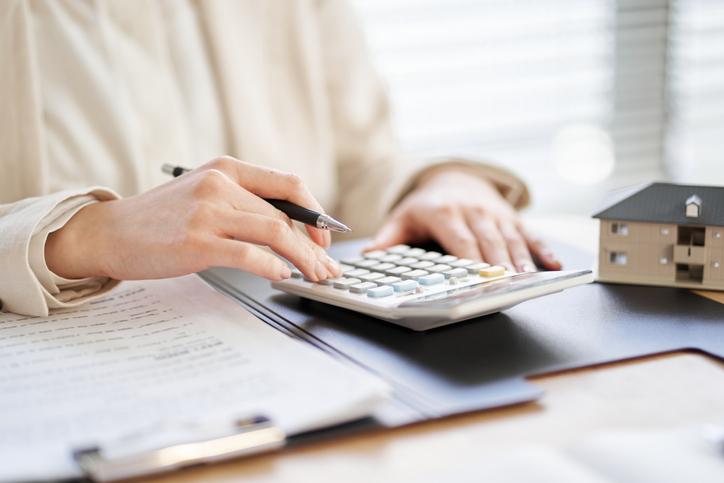Navigating Property Tax in Alberta

Property tax in Alberta is a vital aspect of property ownership, affecting homeowners, and property investors. They are a significant source of revenue for local municipalities, funding crucial services such as education, road maintenance, police and fire protection, and other community services. For homeowners, understanding how property tax in Alberta is calculated and what can be done to manage them effectively is crucial for financial planning and legal compliance. This blog post offers a comprehensive look into the world of property taxes in Alberta.
Understanding Property Tax in Alberta
In Alberta, property taxes are levied by municipalities based on the value of the property you own.
Assessment of Property
Property assessment in Alberta is done on an annual basis. The assessed value is supposed to reflect the market value of the property. It is important to note that this value may not always mirror the current market conditions, as it is based on the valuation from a specific point in the previous year.
Property Tax Rate (Mill Rate)
Once the property is assessed, the tax rate, often referred to as the mill rate, is applied. This rate is set by your local municipality and may vary depending on the type of property and its location. The rate is usually expressed in mills, with one mill representing one-tenth of a cent. For example, a mill rate of 10 mills would mean a tax of $10 for every $1,000 of assessed property value.
Education Property Tax
In addition to the municipal tax, property owners in Alberta also pay an education property tax. This tax is collected by the municipalities on behalf of the province and is used to fund the K-12 education system.
How are Property Taxes Calculated?
To calculate your property taxes in Alberta, you would typically multiply the assessed value of your property by the mill rate and then add any additional levies or charges. For instance, if your home is assessed at $400,000 and the total mill rate (including municipal and education taxes) is 0.0075 (or 7.5 mills), your annual property tax would be $3,000.
Managing Property Taxes Effectively
Budgeting and Planning
Property taxes should be a key consideration in financial planning for homeowners and property investors. Accurately estimating these taxes is crucial for maintaining a healthy budget and assessing the profitability of real estate investments.
Understanding and Appealing Assessments
Reviewing property assessment notices for accuracy is essential. Homeowners and investors can appeal their assessments if they believe them to be incorrect. This process requires understanding the factors influencing assessments, such as property size, location, and improvements.
Utilizing Payment Plans and Rebates
Many Alberta municipalities offer Tax Installment Payment Plans (TIPP), which allow for monthly installments instead of a lump sum payment, easing the financial burden for homeowners and investors alike.
Additionally, exploring tax breaks or rebates for certain groups or property types can lead to significant savings. Rebates for eco-friendly practices, for instance, can benefit both homeowners and investors.
Whether you’re a homeowner or a property investor, understanding how proper tax in Alberta is calculated, planning and budgeting accordingly, and knowing your rights and opportunities for reducing your tax burden will help you navigate taxes effectively. Staying informed and seeking professional advice when needed can make a significant difference in managing this important aspect of property ownership. Let Source Mortgage be your guide to navigating these waters with ease and confidence. Contact us today!

